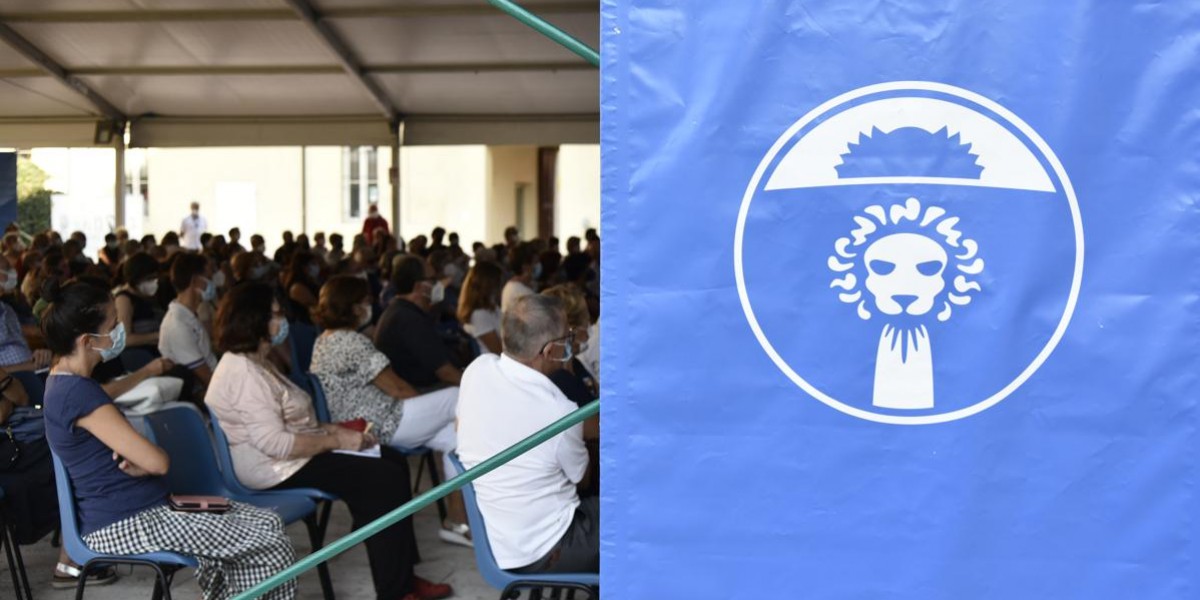
How technical progress and a mindset shift made humankind more dangerous than nature
Since the dawn of humanity, natural phenomena such as droughts, famines and great plague have had catastrophic consequences. Of course, war, genocide and other man-produced traumas have always existed, but their impact in terms of death had always been relatively minor compared to the damage caused by weather, pestilence and famine. For instance, no man-made trauma during the Middle Ages could be compared to the destruction brought by the Black Plague, which killed a third of Europe’s population. This has been true up to the nineteenth century, and professor and demographist Massimo Livi Bacci talked about how exponential technical progress lead to the taming of nature and to the parallel increment of humanity’s destructive potential. Because of this, the twentieth century saw the title of “most dangerous producer of calamities” shifting from volcanoes and infections to politics.
The author of I traumi d’Europa spoke at length about the impact of events like the two World Wars not only in terms of actual deaths caused, but also in terms of social deceleration and long-term ripple effects. If the early 1900s had not spiralled into global conflict, today’s Europe would have around 200 million more inhabitants. Bacci also spoke about the concepts of lebensraum (vital space), eugenics, and nationalism as the radical causes of a shift in political perspectives that started seeing populations as something that could be moved, controlled, incremented. Or forcefully reduced.



